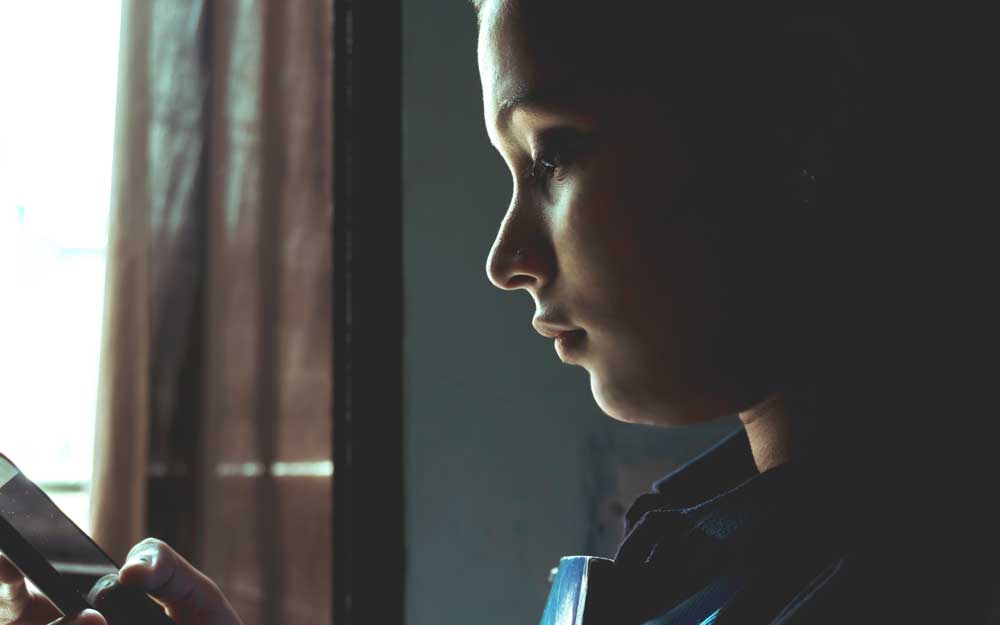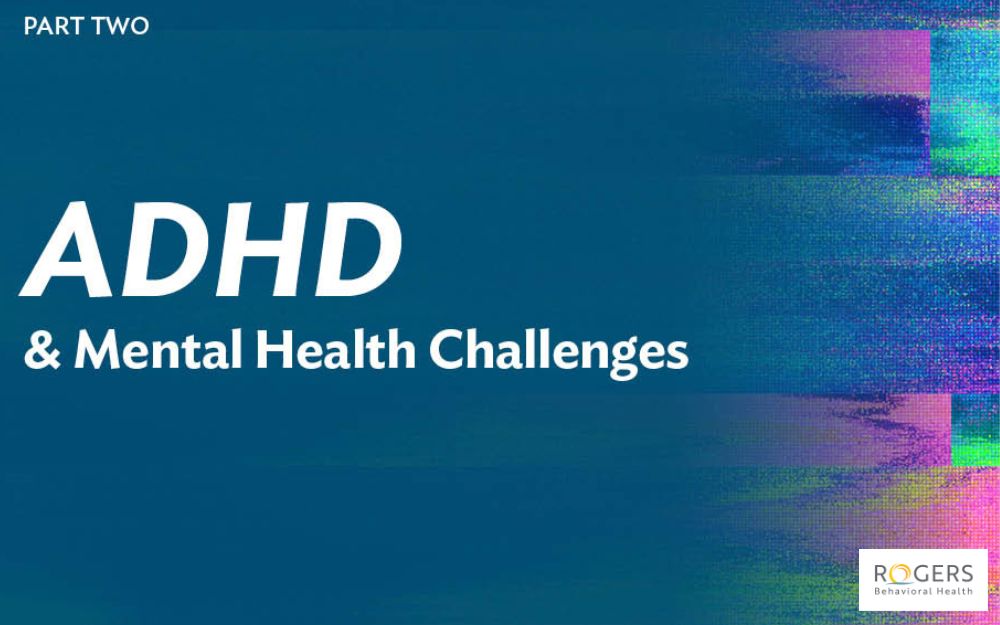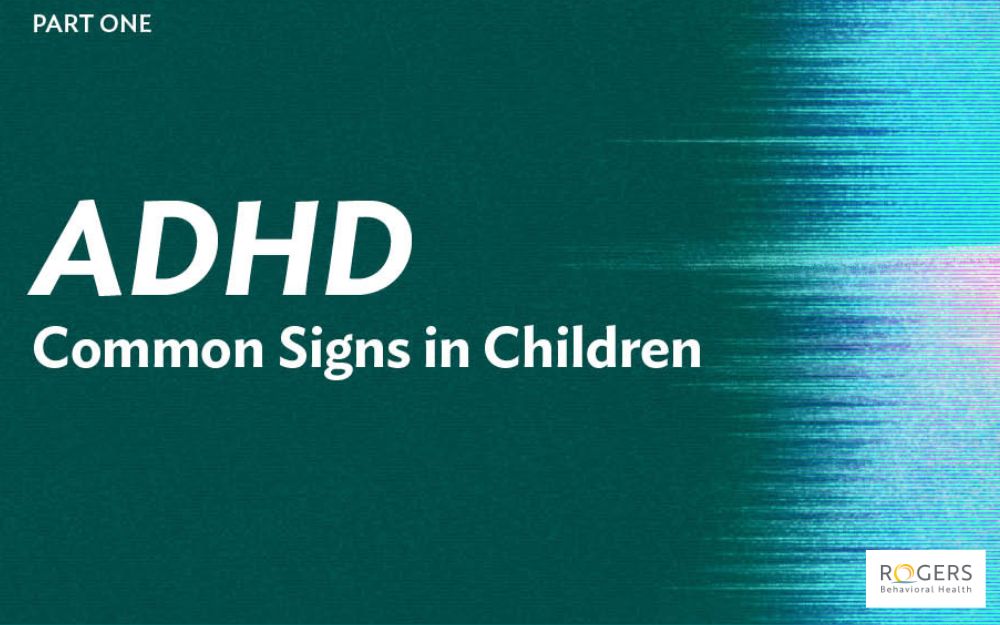Getting help when you’ve lost hope during COVID-19
Posted on 06/05/20 11:33:am
Share this article:
An alarming new trend has developed as the COVID-19 pandemic continues to evolve—mental health hotlines of all kinds are reporting a dramatic spike in calls.
A recent article in The Washington Post reported a federal emergency hotline for people in emotional distress registered a more than 1,000 percent increase in April compared with the same time last year.
“COVID-19 is an international crisis which is causing heightened stress and anxiety for everyone, especially those directly affected by the illness, a job loss, reduction in income, or the inability to do what they would normally do, like attend school,” says Brad Smith, MD, medical director, Oconomowoc campus and Eating Disorder Recovery. “There’s an increased sense of hopelessness and depression.”
Dr. Smith says while those feelings can be a normal response to stressors, when they continue for a prolonged period of time it could be a sign of the need for mental health treatment.
Dr. Smith shares warning signs that symptoms of environmental stress have evolved into major depression or another substantial mental health concern:
- Sleep abnormalities such as trouble sleeping or excessive sleep that is not restorative
- Significant changes in energy level
- Changes in ability to concentrate
- Significant and prolonged appetite changes
“These are physical signs that depression has really set in and affected the brain chemistry, and they indicate intervention is needed,” says Dr. Smith. “When depression reaches a stage of a person thinking about taking one’s own life immediate help is necessary because at that point it’s difficult for a person to be rational about one’s own safety.”
Dr. Smith says what makes matters worse is it’s been difficult for people to find help during the pandemic. “There are limitations to where people have usually gone for help, and many have been afraid to go to the ER or health care clinics.”
Find help at Rogers
Rogers Behavioral Health offers inpatient care—around-the-clock treatment that provides a critical first step in the journey toward recovery.
“Inpatient units at Rogers are more than a place to stay safe. We begin interventions to treat depression using a combination of medication and evidence-based therapy,” explains Dr. Smith. “What sets us apart is our proven outcomes. We are continually finetuning the inpatient experience and our protocols to improve depressive symptoms at discharge. Patients leave with new skills that are easily demonstrated and help them cope with their depression or other struggle with mental health.”
If you or someone you love is experiencing a mental health emergency call 911.
For a free, confidential screening with Rogers call 800-767-4411 or request one online.
“We have been open throughout the pandemic and will continue to remain open to meet the critical need for mental health care in the community,” says Dr. Smith. He adds, “We’re doing everything we can to create and maintain a safe environment.”
If you do not feel you need treatment right away, but may be concerned, we offer online quizzes to possibly provide some relief. While these quizzes do not provide a diagnosis, it could be the first step in finding the treatment you may need. Take our online Anxiety or Depression quizzes today.



